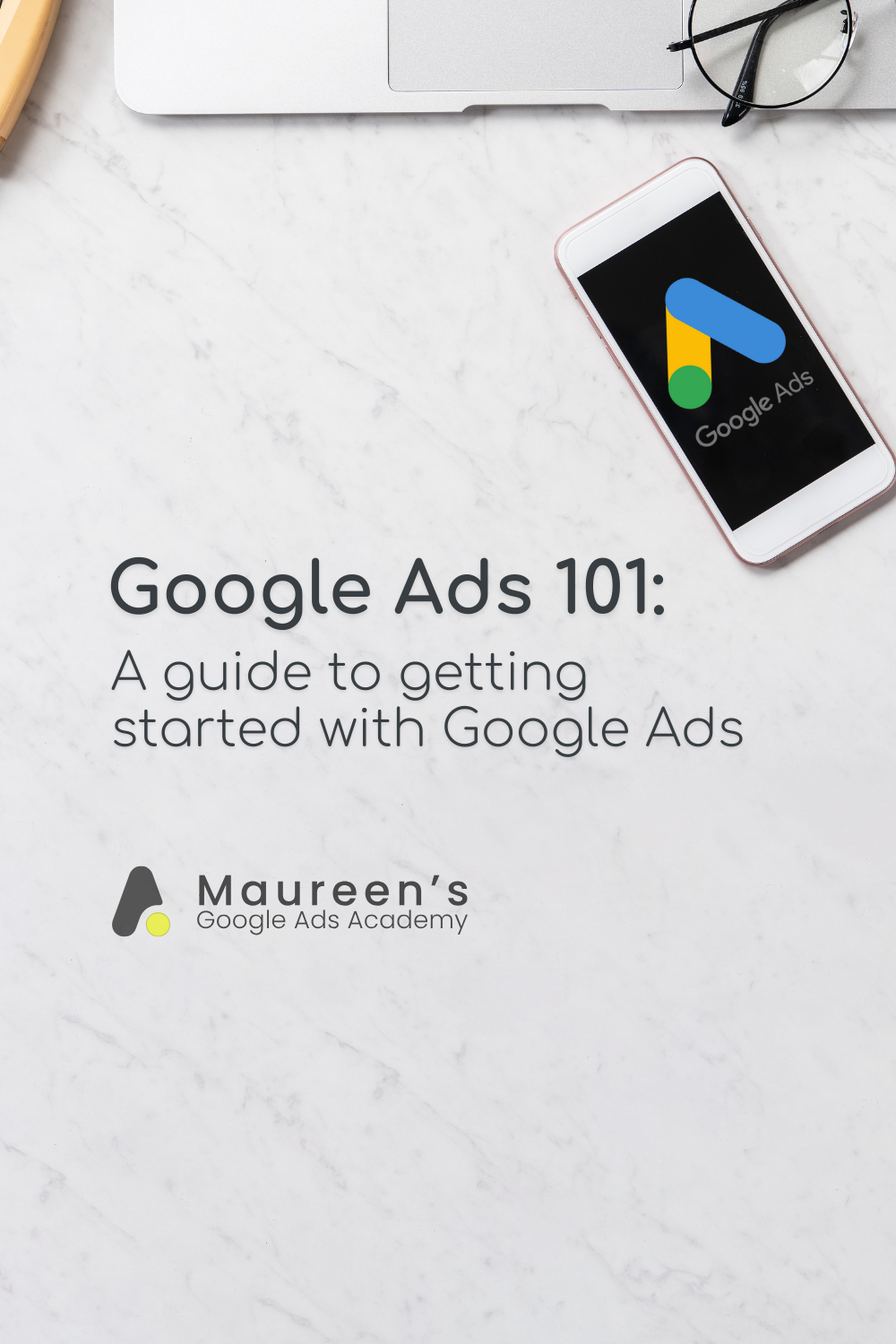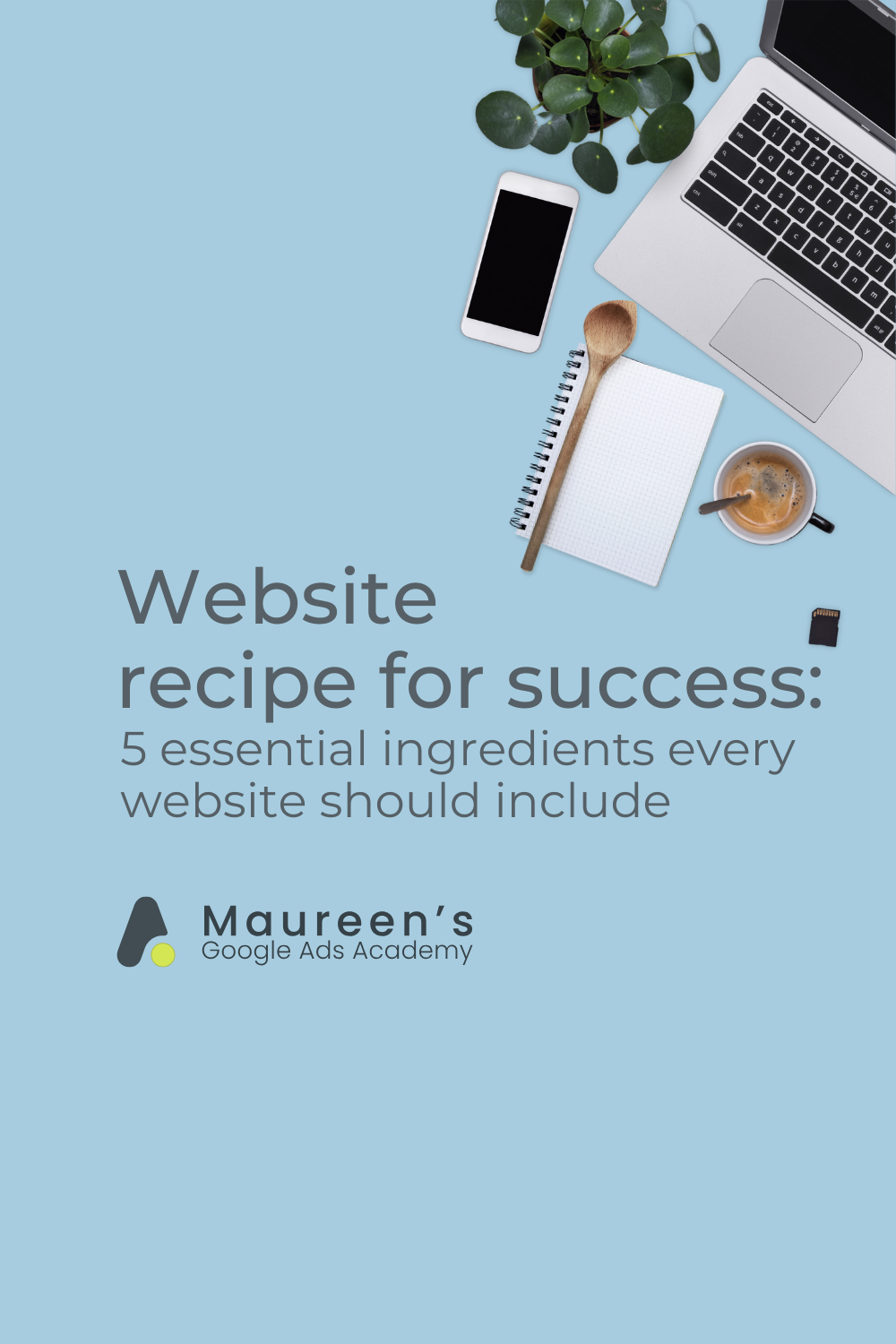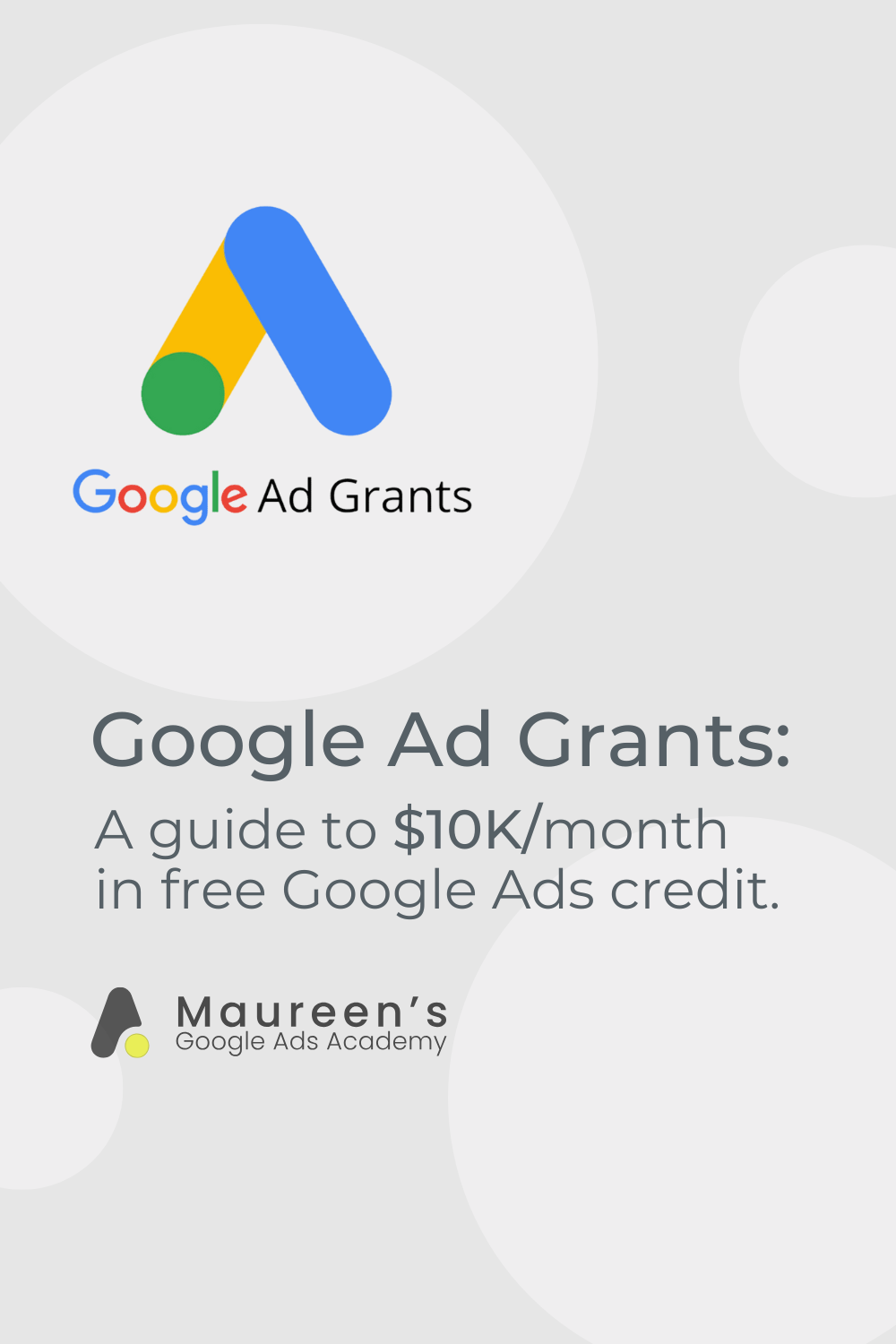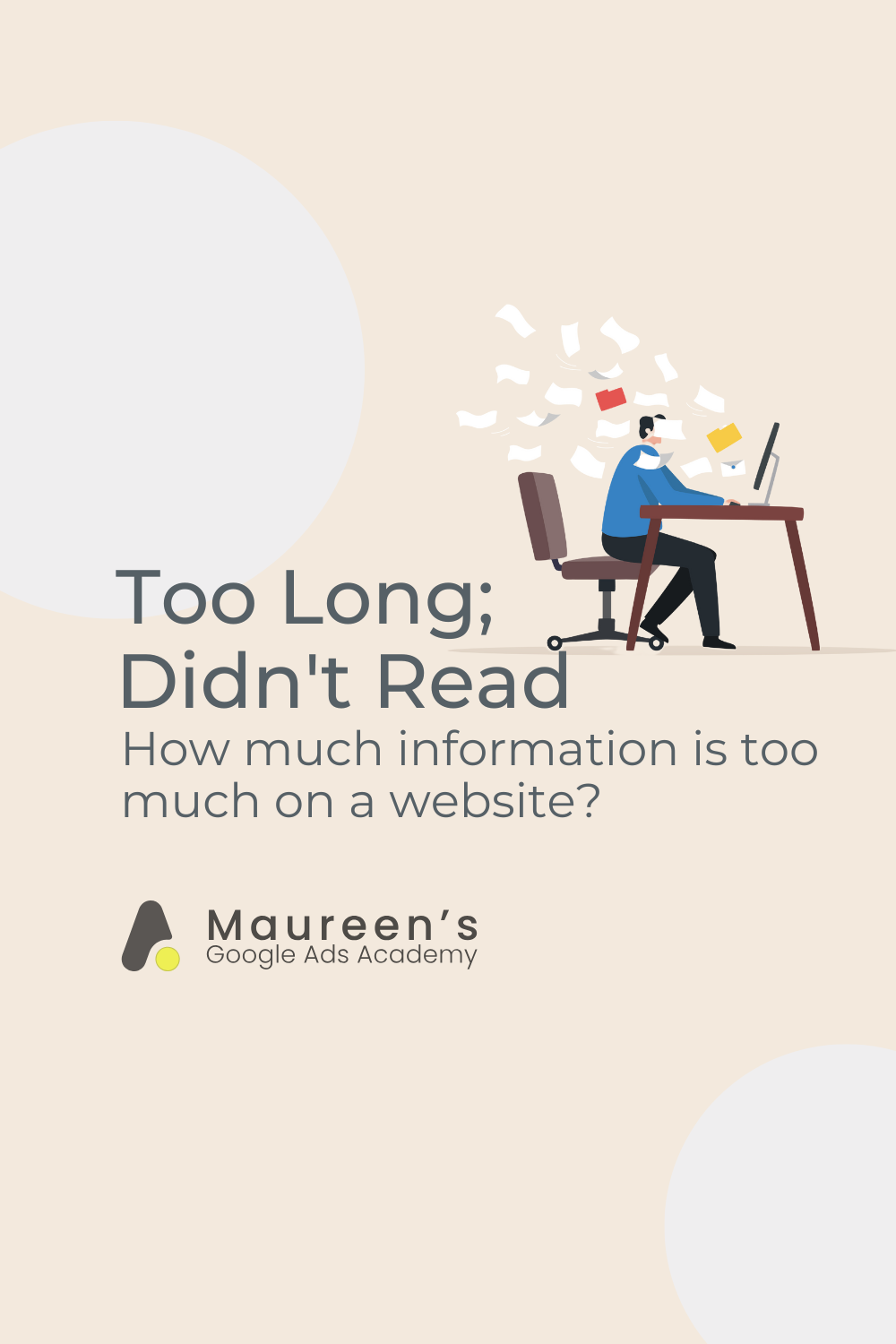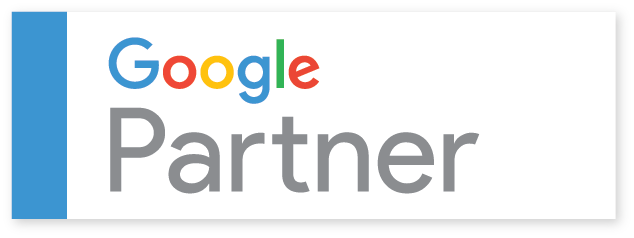AI in Google Ads: An intro to AI Max for Search
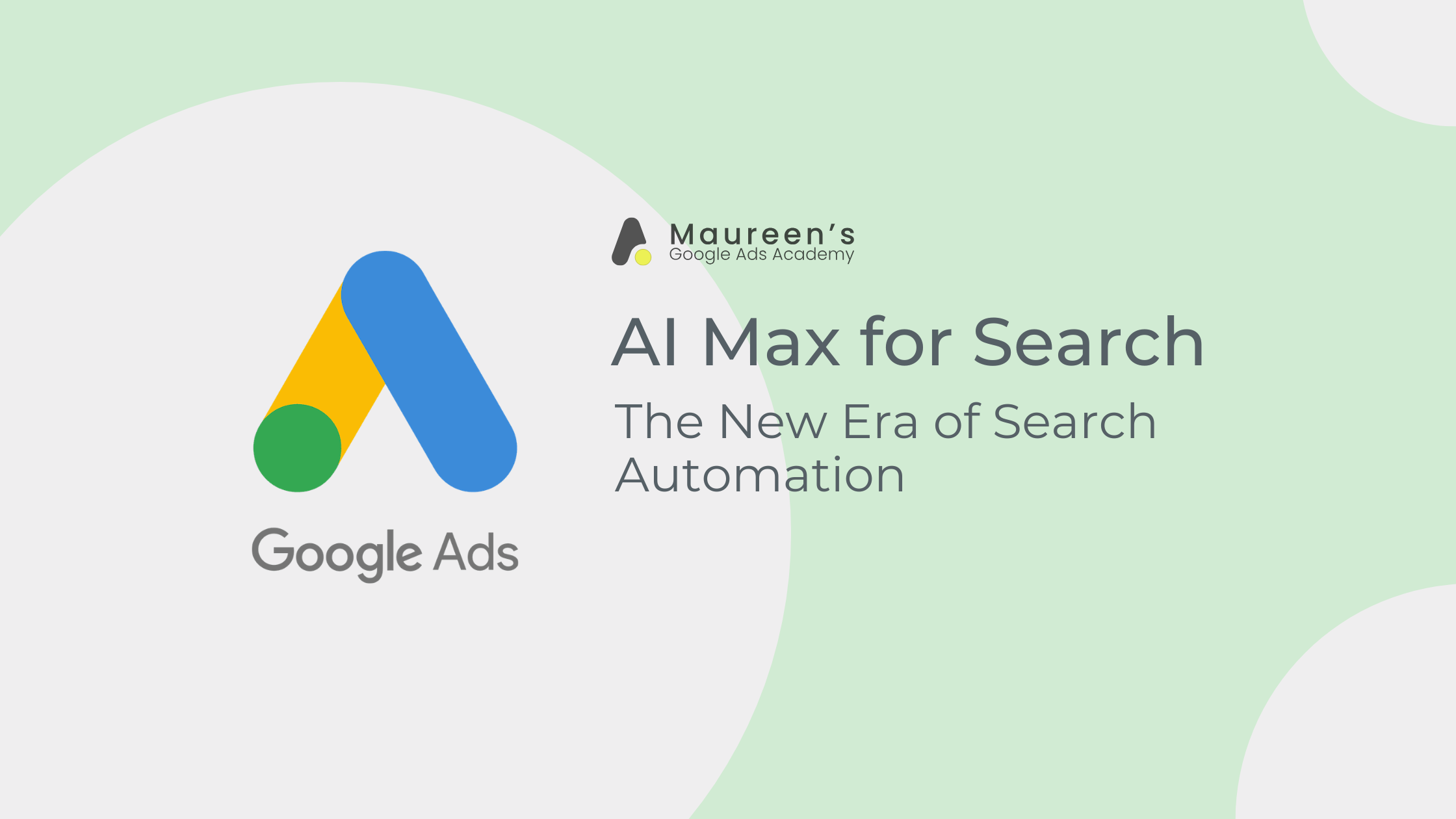
The New Era of Search Automation
The advertising landscape is constantly changing... Yes, that's nothing new. At Google we always said "the only constant is change". AI is making its way into our work, our personal life and of course it's been part of Google products for years at this point. We've all heard of Performance Max (PMax) and DemandGen, the two flagship Google AI products. It was only a matter of time before Search got a complete AI overhaul as well. And here it is: AI Max for Search. Think of it as making your keywords work smarter, rather than harder. AI Max for Search launched in a global beta in May 2025 and with a full rollout expected in Q3 2025, AI Max is designed to enhance your existing keyword-based campaigns (Search campaigns) with a suite of AI-driven capabilities.
What is AI Max for Search?
AI Max for Search is not a new campaign type, but rather a "one-click activation" facelift for your existing Search campaigns. It's an opt-in feature that gives your campaigns a serious dose of AI to supercharge targeting, creative, and landing page selection in real time (some of the things that advertisers usually struggle with). The goal is to help advertisers scale performance and discover new opportunities.
New opportunities you ask? You might have been running Search Ads for years, even decades (yup, that's how long search has been around!) so how on earth could there be new opportunities? Well... users change. Have you seen how people do research nowadays? In comparison to just a year ago? User search behaviour has significantly evolved, moving from simple, keyword-based queries to more conversational and nuanced interactions. Modern users now leverage voice search, AI assistants, and features like "Circle to Search" to ask complex, natural language questions or even visually search for information. This shift means that queries are no longer just about finding a match for a few keywords but are richer in context and intent, allowing search engines to deliver more relevant and personalised results than ever before, if you let them... and (drumroll!!) this is where AI Max for Search comes in.
The core components of AI Max for Search include:
- Text Customisation: Basically, the system will use everything available (your website, your assets and ad copy, your landing pages etc.) to create the best possible headline and description for your ad. Better than ChatGPT could write it.
- Final URL Expansion: Imagine a user is searching for something on your website, but it's not on the landing page you had selected for you ad. The user clicks on the ad, doesn't find what they're looking for, and bounces, never to return. Bad luck... oooooooor you could use final URL expansion!
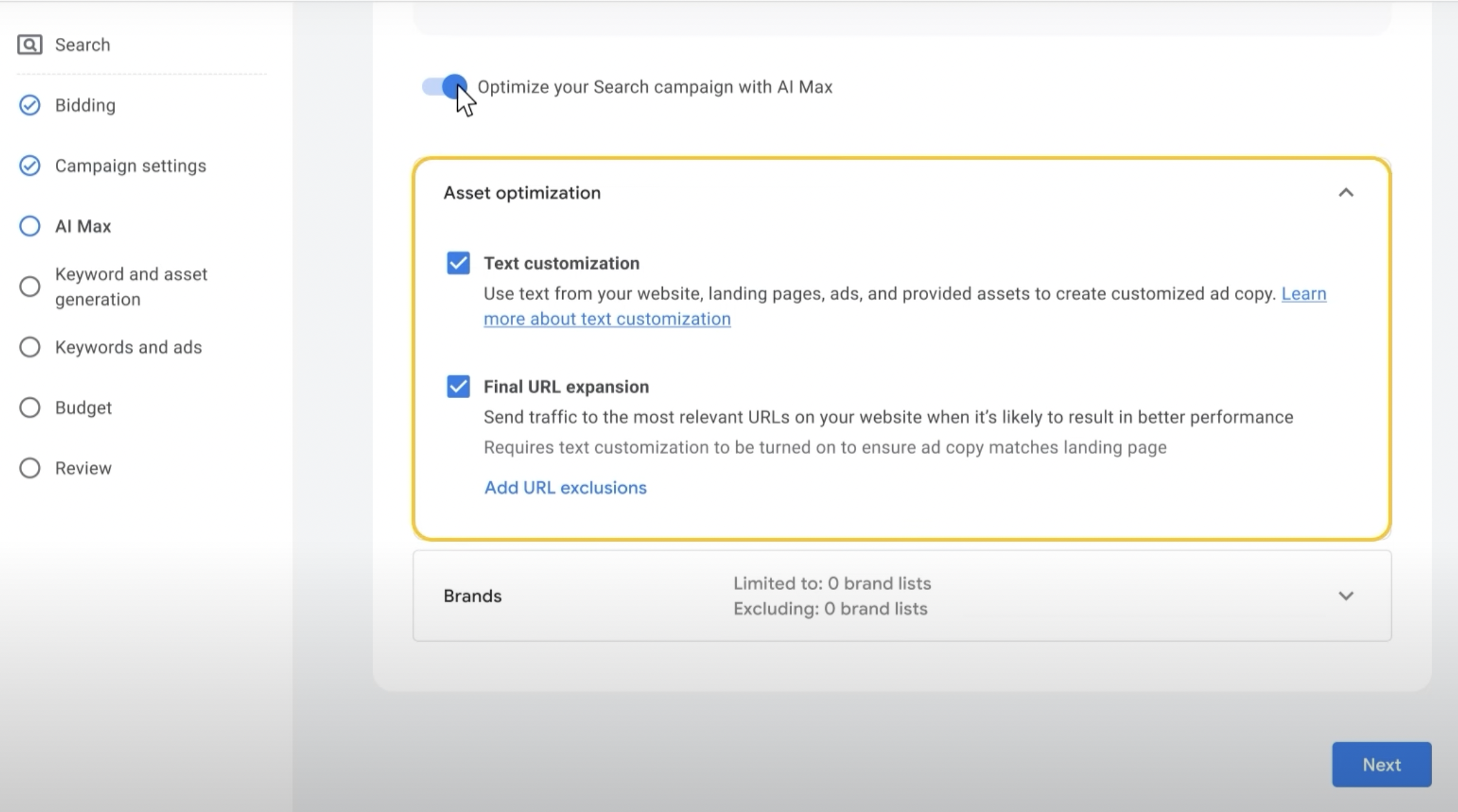
- Search Term Matching: You know what I said above about new user behaviours? Yes, so we can't just rely on keyword-matching anymore. We're better than that now. We can anticipate intentions from other types of searches too!
- Ad group level controls: You can now control settings such as search term matching & location on the ad group level (yay, more control!).
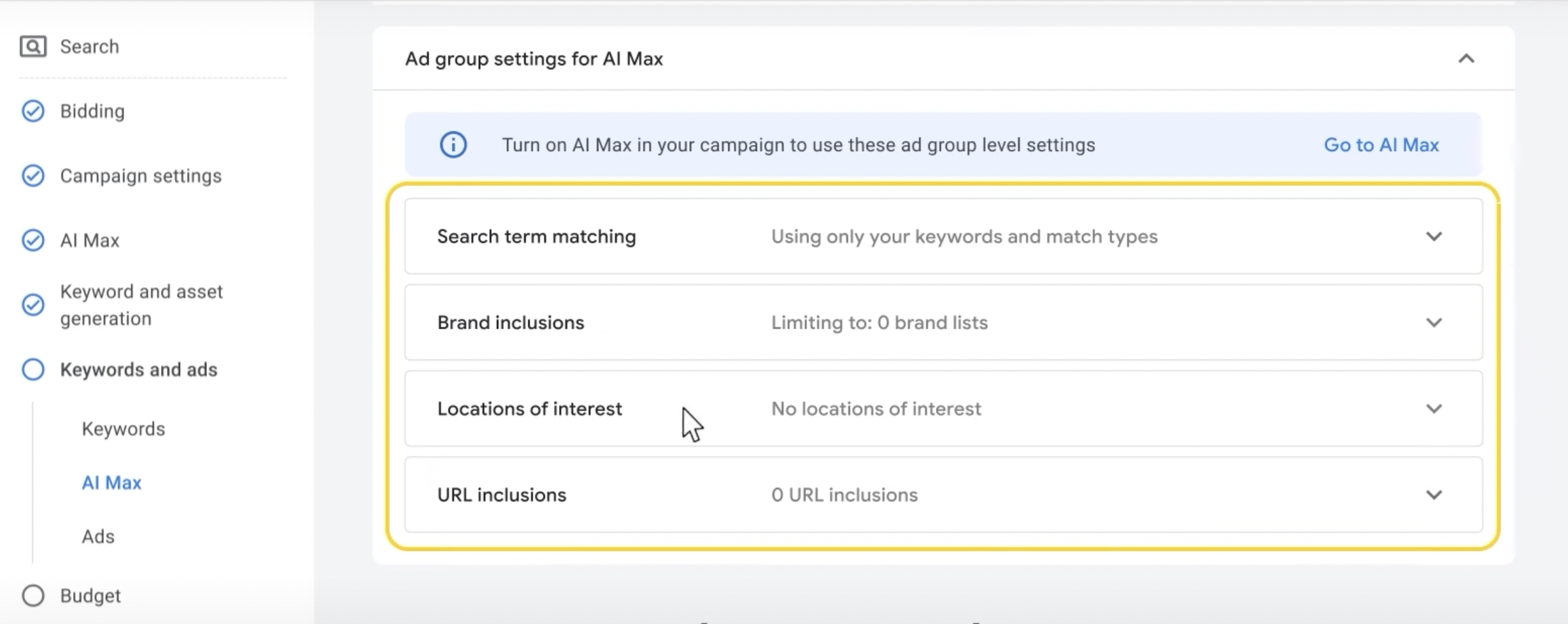
What's different from existing features?
AI Max for Search is designed to complement, not replace, existing campaign types. Here's how it compares to some of Google Ads' most popular campaigns/features:
- AI Max vs. PMax:
- Scope: PMax is a multi-channel campaign type, accessing all of Google's inventory (Search, Display, YouTube, Discover, etc.) from a single campaign. AI Max is an enhancement only for standard Search campaigns.
- Control: AI Max allows advertisers to retain their core keyword lists, negative keywords, and campaign structure, providing a high level of control and transparency. PMax is a more "black box" solution, with less granular control over placements. keywords and audiences.
- Audience Signals: PMax heavily relies on audience signals to inform its targeting. While AI Max uses signals from your campaign, it fundamentally operates on a keyword-based structure.
- AI Max vs. Dynamic Search Ads (DSA):
- Foundation: DSA relies entirely on the content of your website or page feeds to generate ads and target queries, often without keywords. AI Max uses your existing keywords and assets as a foundation and builds outward from there, providing a blend of keyword control and AI-driven expansion.
When Should Companies Use AI Max for Search?
AI Max is a powerful tool for a variety of advertisers. It's particularly well-suited for companies that:
- Rely on exact and phrase match keywords: Campaigns with restrictive match types that are looking to scale traffic and conversions without a massive manual keyword build-out will see the most benefit. Google's internal data suggests a significant performance lift for these accounts. Similar to using broad match!
- Have ambitious business objectives: If your business goal is to increase overall conversions or conversion value, AI Max can use its AI to find new, high-quality search queries that you may not have anticipated.
- Need to scale their creative output: For businesses with large, dynamic product catalogs or lean marketing teams, AI Max's text customisation can automate the creation of thousands of ad variations, ensuring every query gets a relevant and personalised ad.
- Are transitioning to AI: For advertisers who are hesitant to give up full control with Performance Max, AI Max offers a low-risk way to begin leveraging Google's most advanced AI for Search, allowing them to test the benefits while maintaining their existing account structure.
When Companies Shouldn't Use AI Max for Search
While powerful, AI Max is not a one-size-fits-all solution. There are scenarios where it may not be the right choice, or at least requires careful consideration:
- When Granular Control is Mission-Critical: For brands with strict legal or brand safety guidelines that require absolute control over every keyword and ad copy, the automated expansion of AI Max could pose a risk. Although it comes with brand exclusion features, it's not foolproof.
- For Very Low-Volume or Hyper-Niche Campaigns: Campaigns with very little data may not provide the AI with enough information to learn and optimise effectively. In these cases, a manual approach with tightly-themed ad groups may still be more effective.
- If You Are Managing Campaigns with Third-Party Tools: As of the Q3 2025 rollout, AI Max settings are not yet supported by the Google Ads API or Editor, meaning they cannot be managed by most third-party tools. If your team relies on these for campaign management, you will need to make manual adjustments in the web interface.
Conclusion: A Bridge to a Fully AI-Powered Future
AI Max for Search represents a good starting point to AI. I worked with many advertisers who were hesitant about adopting PMax, even though we have plenty of proof points and case studies. It's understandable, as with PMax advertisers have to give up a lot of control and, surprise surprise, this wasn't always a welcome change. Ai Max for Search provides a strategic bridge for advertisers, allowing them to harness the power of AI to drive performance and discover new opportunities without abandoning the keyword-based strategies they've built over the years. By understanding what it is, how it differs from other features, and when to use it, you can position your campaigns for success.
Latest insights and trends
Ready to Transform Your Google Ads Results?


